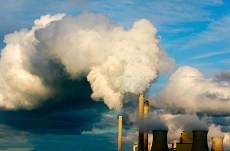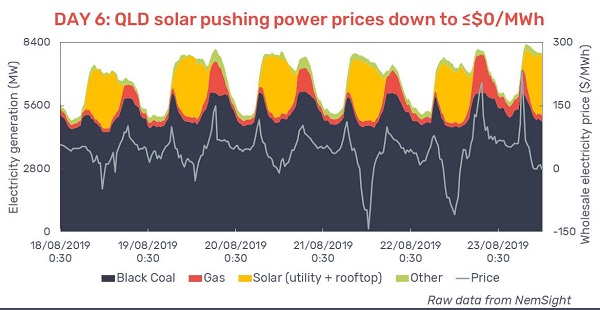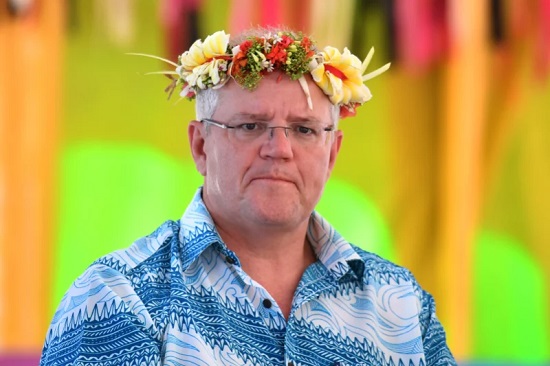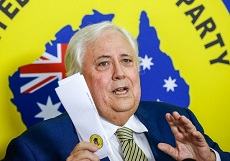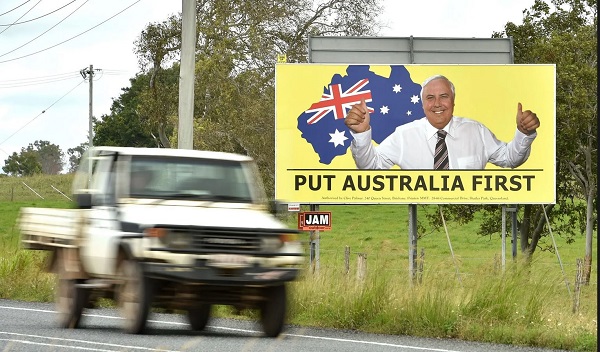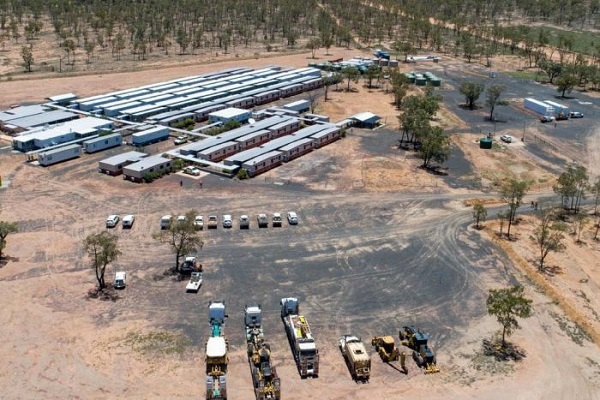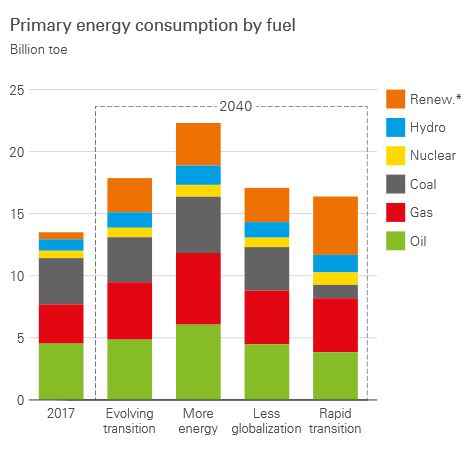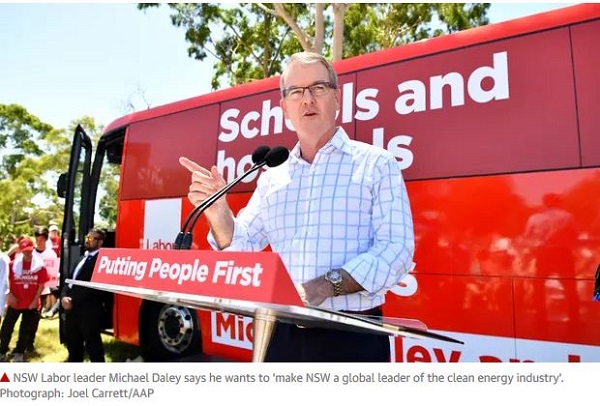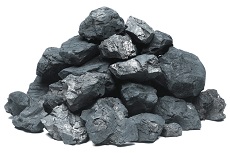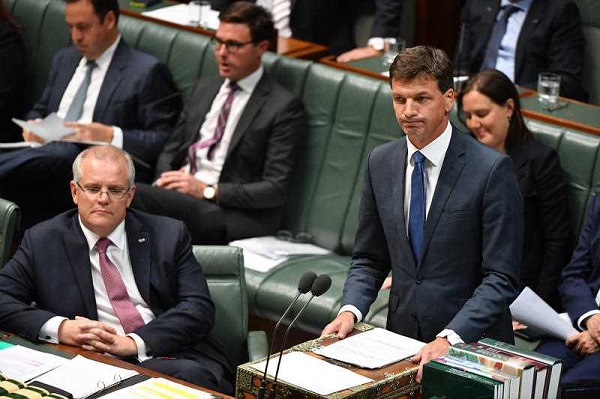The Queensland Government has put out for comment a Queensland resources industry development plan, Draft for consultation, November 2021with a consultation deadline of 11 February 2022.
My concern is that the future plans for coal and gas do not sit well the latest science and with what the world must collectively do to prevent the current climate crisis from becoming a tragedy. Within that I have a specific concern about the plans relating to the fracking of gas in the Channel Country. Relevant to these concerns I’ll make four statements with some supporting notes. (Last updated, 27 February 2022) Continue reading On fossil fuels, Queensland needs to pause and consider

